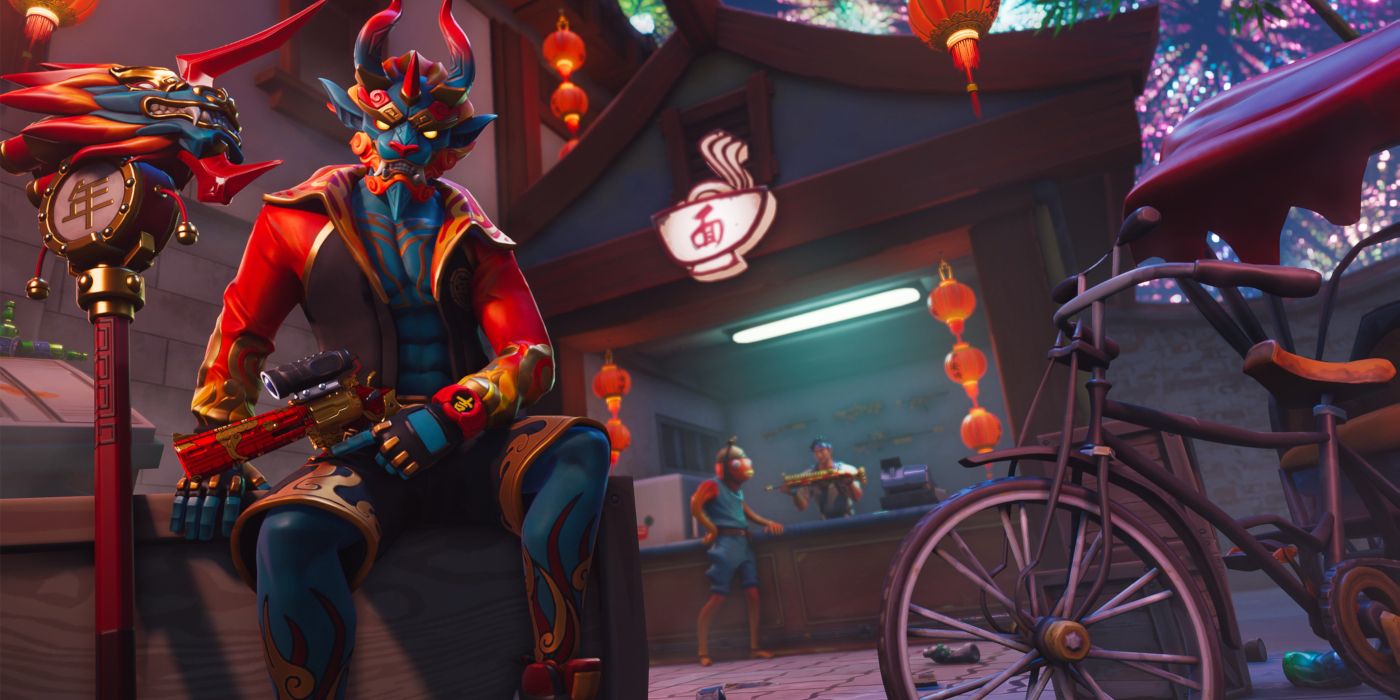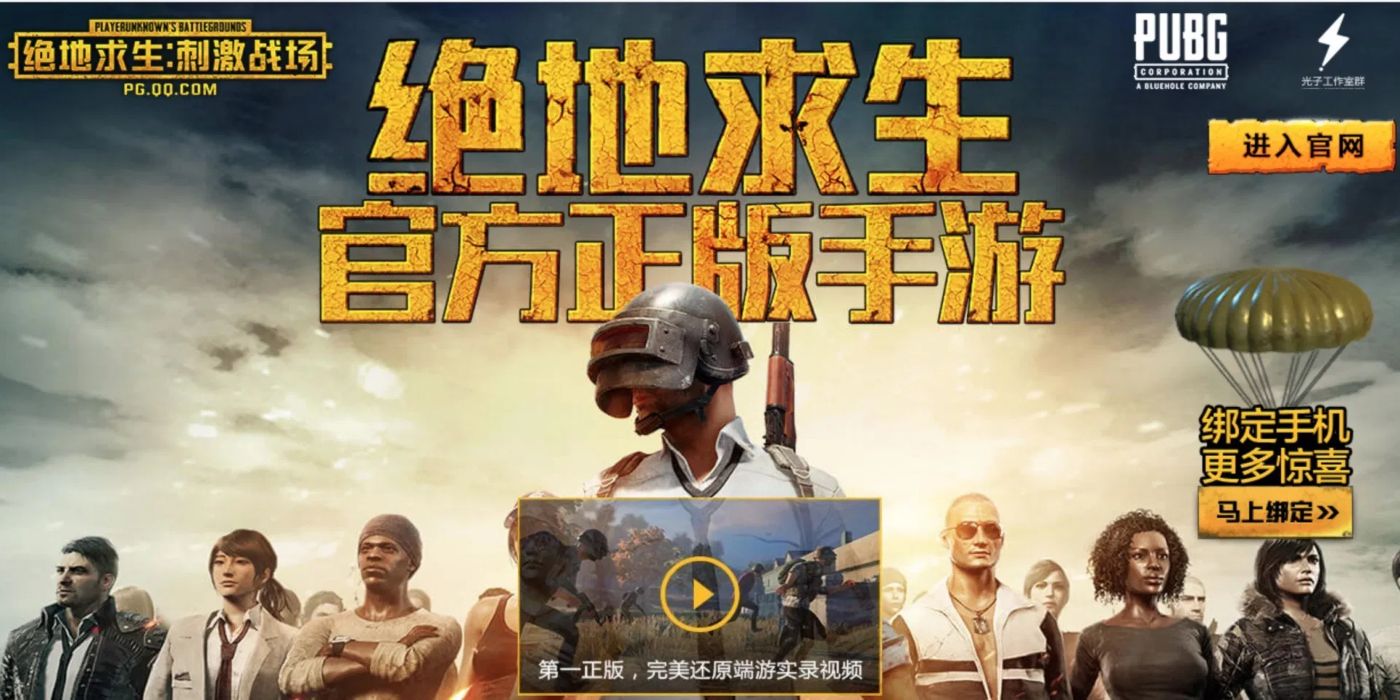China's State Administration of Press and Publication, the Chinese regulatory body for video games, has issued new regulations limiting the ways that minors can access and play video games. The new regulations are severe, limiting both the total amount of time minors in China can play games significantly and imposing a mandatory curfew for playing games. It also requires that minors in China register via an identification system that would allow game developers/publishers to impose the new rules on them.
6 different measures were proposed as part of the SAPP notice. The first expands China's real-name identification system. The system already exists for PC gamers in China, requiring minors to register their real-life ID number with their online game accounts. The new proposal expands this system to mobile games, as well. The system will verify whether a user is a minor by comparing their ID number to a state database and then will impose the regulations through the client.
The second and third measures limit how much time minors can spend playing games and how much money minors can spend. The time-limiting system has also been in place prior to the new regulations, limiting minors to 3 hours per day on PC. The new policy also expands to the mobile platform and limits minors further, down to 1.5 hours per weekday, with a curfew of 10:00 pm. The new spending limit imposes both a single transaction and a monthly maximum on microtransactions. For 8 through 16-year-olds, it's around $7 and $30. For 16 through 18-year-olds, it's double that. Children under the age of 8 are blocked entirely from purchases.
Finally, the remaining 3 measures are structural, implementing a new age rating system, and requiring game developers and publishers to work with both communities and regulators to ensure the regulations are not just being met, but also that communities are informed and understand what's required of them. Failing to uphold these regulations could cost game publishers their license to put out games in China.
As noted, these regulations aren't necessarily new or surprising to those in China. Time limits were already in place on the PC platform, for example. Chinese regulators are clearly pleased with the results and are expanding them to mobile devices, which are much more broadly used in the country. Nevertheless, the latest changes are much more severe than prior, and are certain to be frustrating for the video game industry in China that's already struggling with new content restrictions and a hard limit on the total number of games that can be published in the country. China's regulatory body may just be getting started.
Source: Niko Partners


